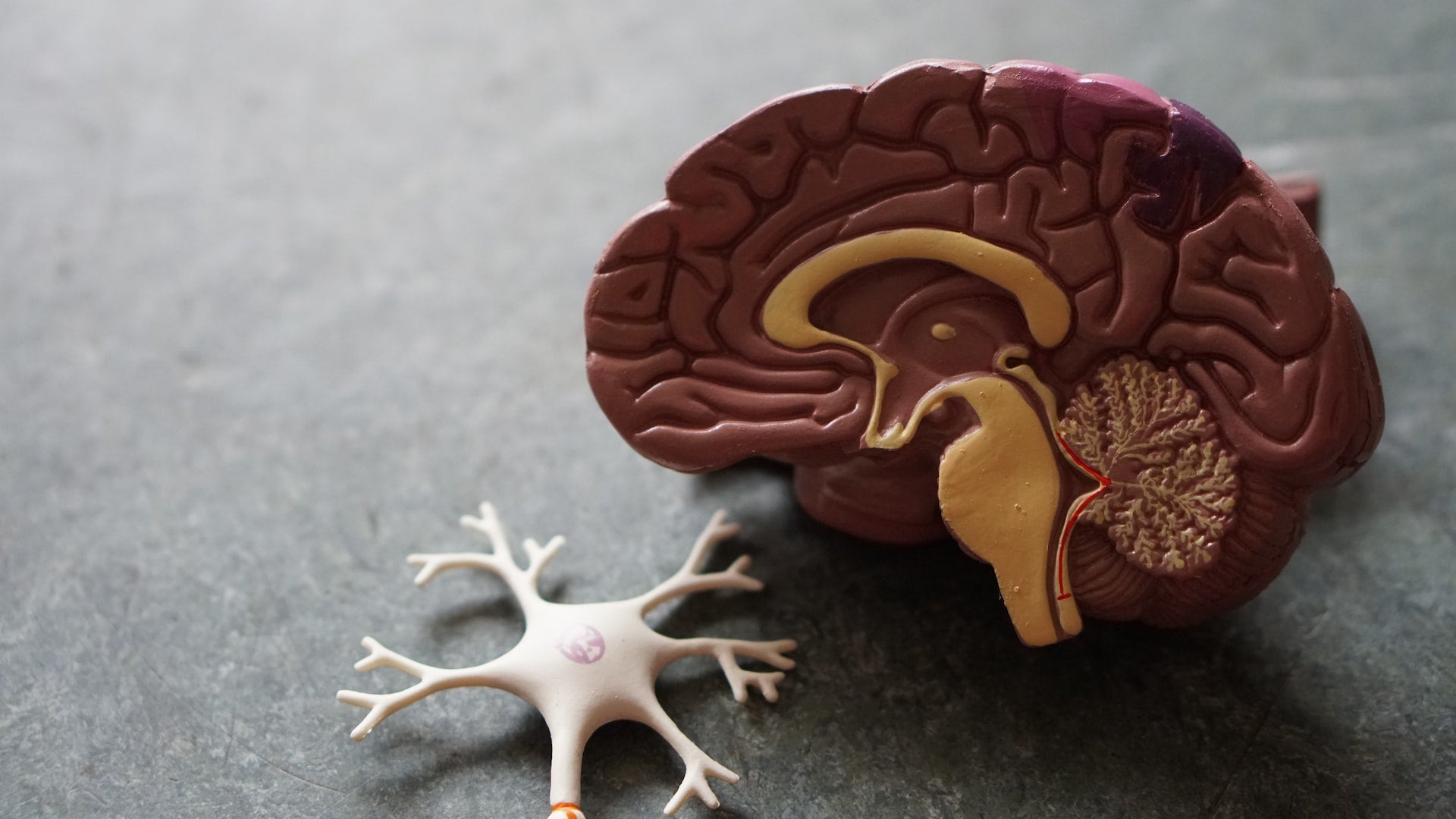
The human endocannabinoid system is one of the most fascinating and least understood systems in the body. This system is responsible for modulating a wide variety of physiological processes including appetite, pain sensation, mood and memory. The endocannabinoid system is made up of cannabinoid receptors (CB1 and CB2), the endogenous cannabinoids that activate these receptors (such as anandamide and 2-AG), and the enzymes that produce and break down cannabinoids. In this blog post, we will discuss the function of the endocannabinoid system, as well as how cannabinoids like CBD (cannabidiol) and THC interact with it.
What is the Endocannabinoid System?
The endocannabinoid system (ECS) is a network of cannabinoid receptors and endogenous cannabinoids that are found throughout the body of every mammal. The ECS plays a critical role in our wellbeing; regulating many physiological processes such as appetite, pain sensation, mood and memory. A complex cell-signalling system, it functions by sending signals across a range of networks throughout the brain and body in an attempt to maintain a state of biological balance (homeostasis).

The endocannabinoid system is made up of two types of cannabinoid receptors: CB1 receptors, which are found in the brain and nervous system, and CB2 receptors, which are found in the immune system and peripheral organs. Their primary function is to control neurotransmitter activity. Endogenous cannabinoids (endocannabinoids, which are also neurotransmitters), such as anandamide and 2-AG, bind to these receptors and activate them. Anandamide and 2-AG are produced naturally by the body as and when required, and they play a role in keeping ECS-related processes functioning smoothly. Enzymes that produce and break down cannabinoids are also a part of the ECS.
Because the ECS only covers a relatively small slice of human history, there is still much to learn. Despite this, the cannabis plant – which contains cannabinoids that interact with the mammalian ECS - has been used by humans for millennia, and its effects on the brain and body have been studied for ages before its discovery.
What Does the Endocannabinoid System Do?
Since studies into the complex ECS are ongoing, scientists haven’t yet fully determined the extent of its function and how, exactly, it works. Research so far indicates that the ECS is linked to the following physiological processes:
- Chronic pain
- Inflammation
- Memory and learning
- Appetite
- Mood
- Sleep
- Metabolism
- Stress
- Muscle growth
Primarily, the ECS strives for a state of balance. To maintain homeostasis, the ECS triggers a response when an external factor disrupts your internal biological balance (for instance, a virus or an injury). This response is intended to return your body to its ideal, natural state.
Cannabinoids and the Endocannabinoid System
New research has uncovered the complex relationship between our endocannabinoid system (ECS) and cannabis compounds. Experts have observed that the two major cannabinoids in cannabis, tetrahydrocannabinol (THC) and cannabidiol (CBD), can interact with our ECS to produce wide-ranging effects on our mood, appetite, sleep, immunity, pain perception, motor function, memory, fertility, bone health and more.
How Does CBD Interact with the ECS?
CBD is a major cannabis compound, but unlike THC, it won’t get you high. Scientists do not fully understand how CBD interacts with the ECS, but they do know that it doesn’t bind to CB1 and CB2 receptors. Some believe that CBD binds to an undiscovered receptor, while others believe that it stimulates a response by preventing endocannabinoids from being broken down by enzymes, which in turn enhances neurotransmitter activity.
However CBD interacts with the endocannabinoid system, one thing is for sure: the cannabis derivative has grown tremendously in popularity in recent years thanks to its significant potential effects on anxiety, pain, sleep and other areas linked to wellbeing. Many preclinical studies show that CBD’s activity within the body can have a profound impact on levels of inflammation and pain, as well as an ability to lower levels of stress and anxiety and promote deeper sleep. For this reason, more and more people are choosing to add a dose of cannabidiol to their daily wellness routine – after all, many of us would welcome a boost to the regulatory activity of the ECS - and the widespread wellness benefits that it delivers – without getting high.
If you’re curious to uncover the relationship between CBD and the ECS, and how CBD activity could benefit you, take a look at our very own premium-grade CBD oils; each masterfully blended with all-natural ingredients to help you relax, find peace of mind, sleep deeper and enjoy every day free from pain and inflammation.
How Does THC Interact with the ECS?
There is greater understanding around how THC – the cannabis compound that gets you high – interacts with the ECS. When it enters the body, THC binds to both CB1 and CB2 receptors. This stimulates neurotransmitter responses and has a powerful effect on the body and mind, such as pain and anxiety relief, and appetite stimulation. However, THC can cause some undesirable effects such as anxiety and paranoia.
The Takeaway
Although the ECS is vital to maintaining the stability of your body, there is still much unknown about it. However, as experts gain a deeper understanding of how the ECS works to maintain homeostasis, they may unlock treatments for numerous conditions and disorders. Some of this research continues to focus on how cannabinoids such as THC and CBD interact with the ECS to bring about vital wellbeing benefits. While both are capable of “boosting” the activity of the ECS and resulting in positive changes to sleep, mood, pain sensation and energy levels, THC can alter the mind and cause a high, while CBD has a gentler, yet effective, influence.
